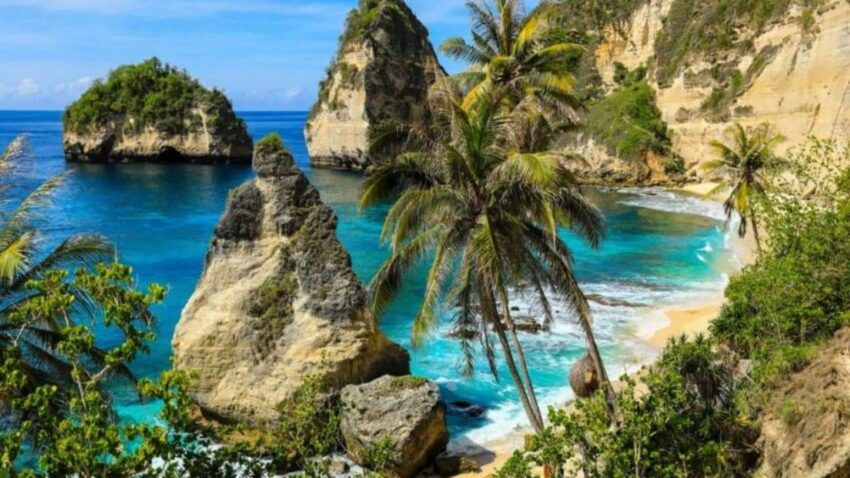**Why Bali Has Banned Building New Hotels and Restaurants on Farmlands**
*By Chanshimla Varah | Sep 19, 2025, 01:14 PM*
Bali, Indonesia’s popular resort island, has announced a ban on constructing new hotels and restaurants on cleared rice fields and agricultural land. This decision follows recent devastating flash floods that claimed at least 18 lives.
### The Flood Crisis and State of Emergency
On September 10, Bali declared a state of emergency due to the worst flooding the island has experienced in over a decade. Intense rainfall led to extensive damage to homes and infrastructure, particularly in Denpasar and surrounding areas.
### New Policy: No More Commercial Permits on Productive Land
In response to the flooding, Bali Governor Wayan Koster introduced new regulations aimed at preventing the conversion of productive land, especially rice fields, into commercial developments. Governor Koster stated,
*”After handling the floods, we will meet again to ensure no more permits are issued for hotels, restaurants, or other facilities on productive land, especially rice fields.”*
He further explained that starting this year, these bans on land conversion will align with Bali’s ambitious 100-year plan. From 2025 onward, no productive land is allowed to be transformed into commercial facilities.
### Environmental Impact of Mass Tourism
Bali, renowned for its lush rice paddies and stunning beaches, has undergone rapid transformation over the past fifty years. Both locals and tourists have voiced concerns about increasing traffic congestion, pollution, and behavioral issues linked to mass tourism.
Environmental activists have long called for stricter controls on land conversion. They argue that such measures would help mitigate risks from flooding and other natural disasters exacerbated by unchecked development.
### Indonesia’s Hotel Moratorium and Future Plans
Last year, Indonesia announced a moratorium on new hotel constructions due to concerns over overdevelopment; however, the initiative failed to fully take effect. The new bylaws introduced in Bali are expected to be implemented by the end of 2025, marking a firmer stance on controlling land use.
### Climate Change and Increasing Flood Risks
Flooding is a common occurrence during Indonesia’s wet season from September to March. However, scientists warn that climate change is intensifying this pattern by bringing heavier rainfall and more frequent flash floods. Warmer air holds more water vapor, increasing the likelihood and severity of flooding in vulnerable regions like Bali.
—
Bali’s new measures reflect a growing recognition of the need to balance tourism development with environmental sustainability and disaster risk reduction, aiming to preserve the island’s natural beauty and protect its residents.
https://www.newsbytesapp.com/news/world/indonesia-to-ban-construction-of-new-hotels-and-restaurants/story
